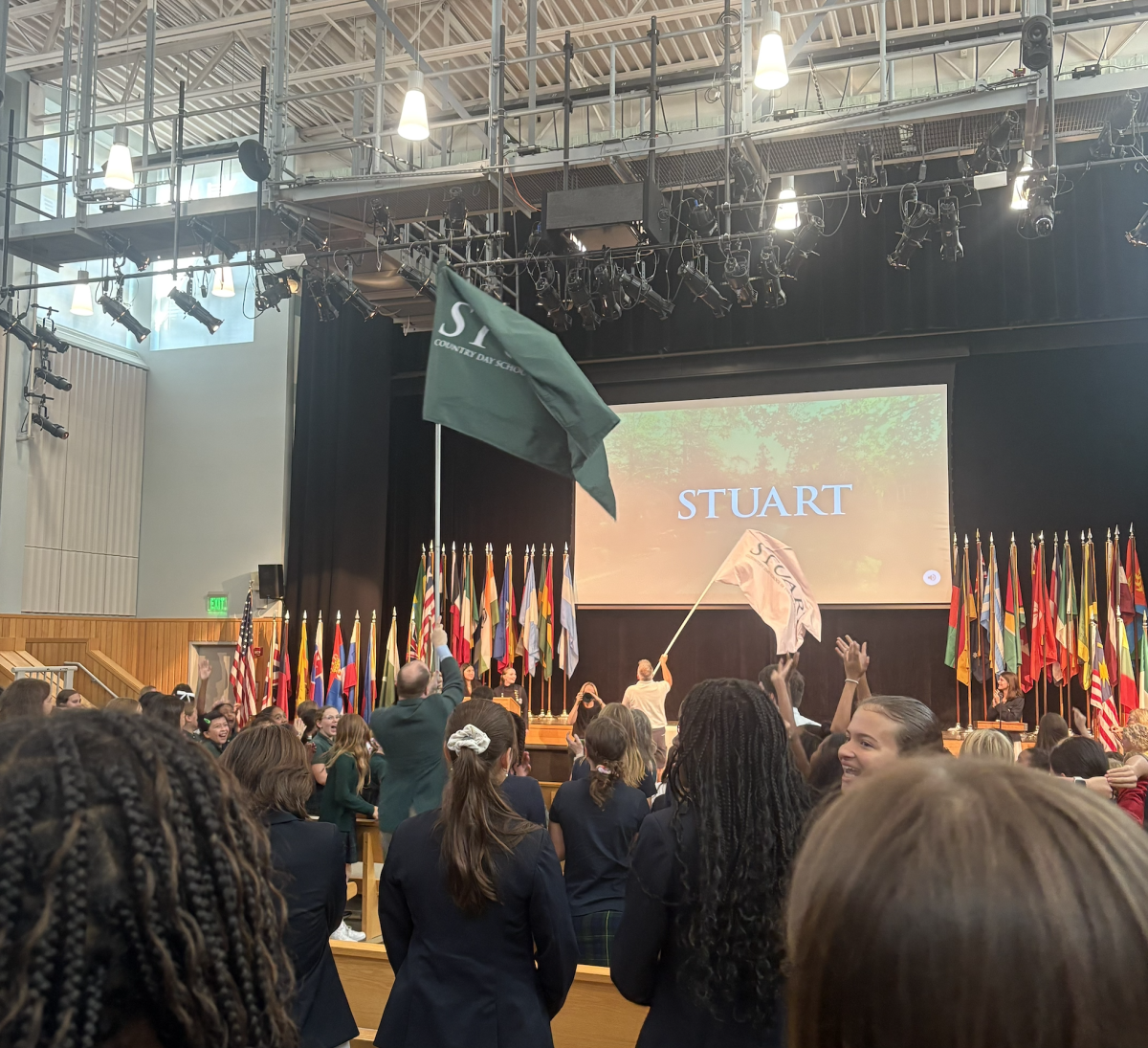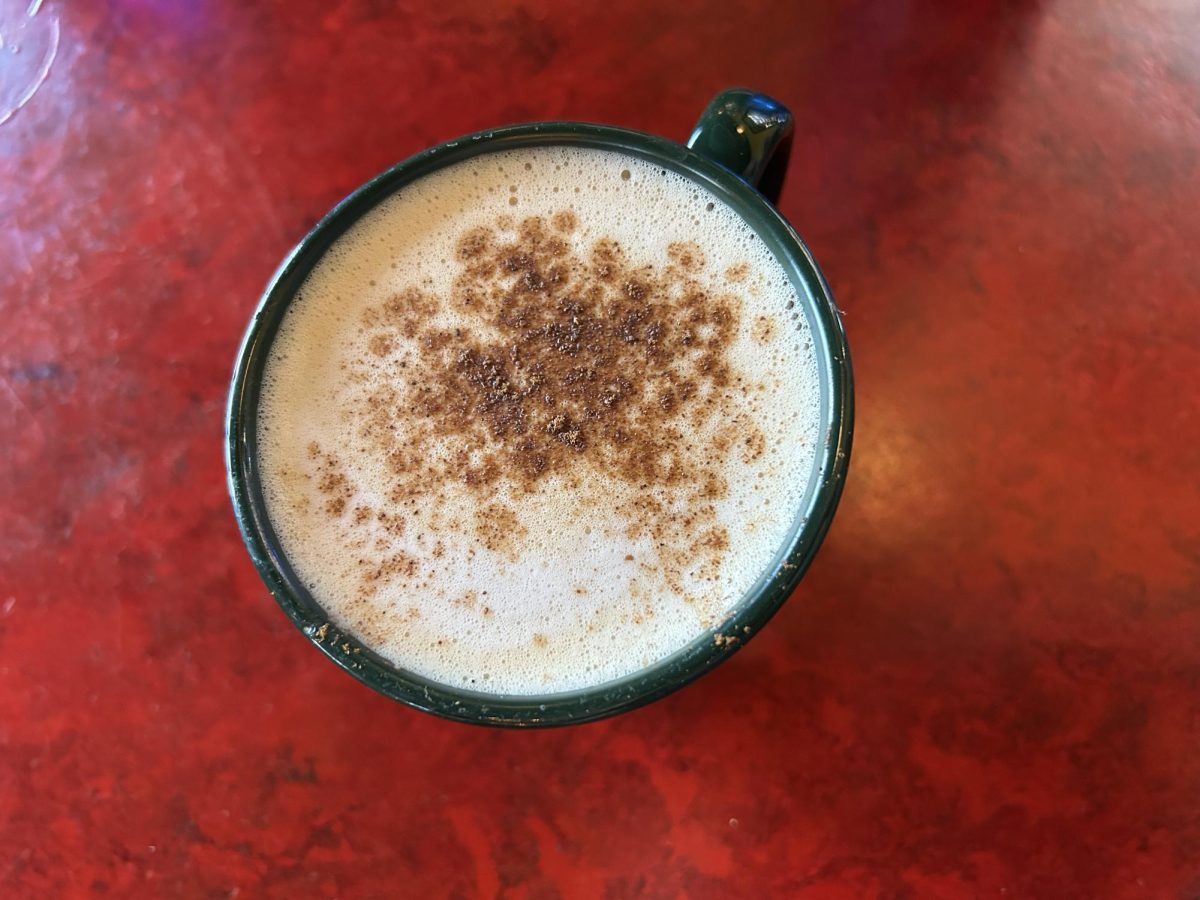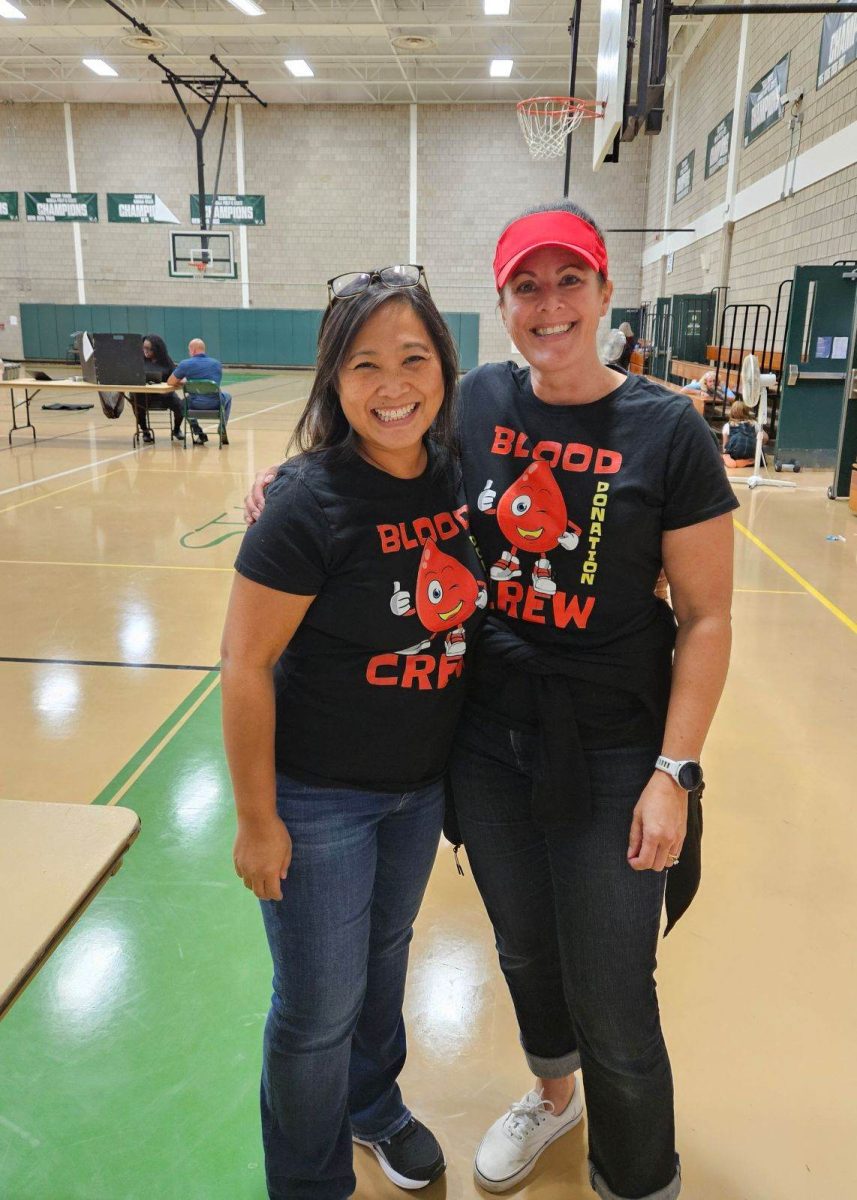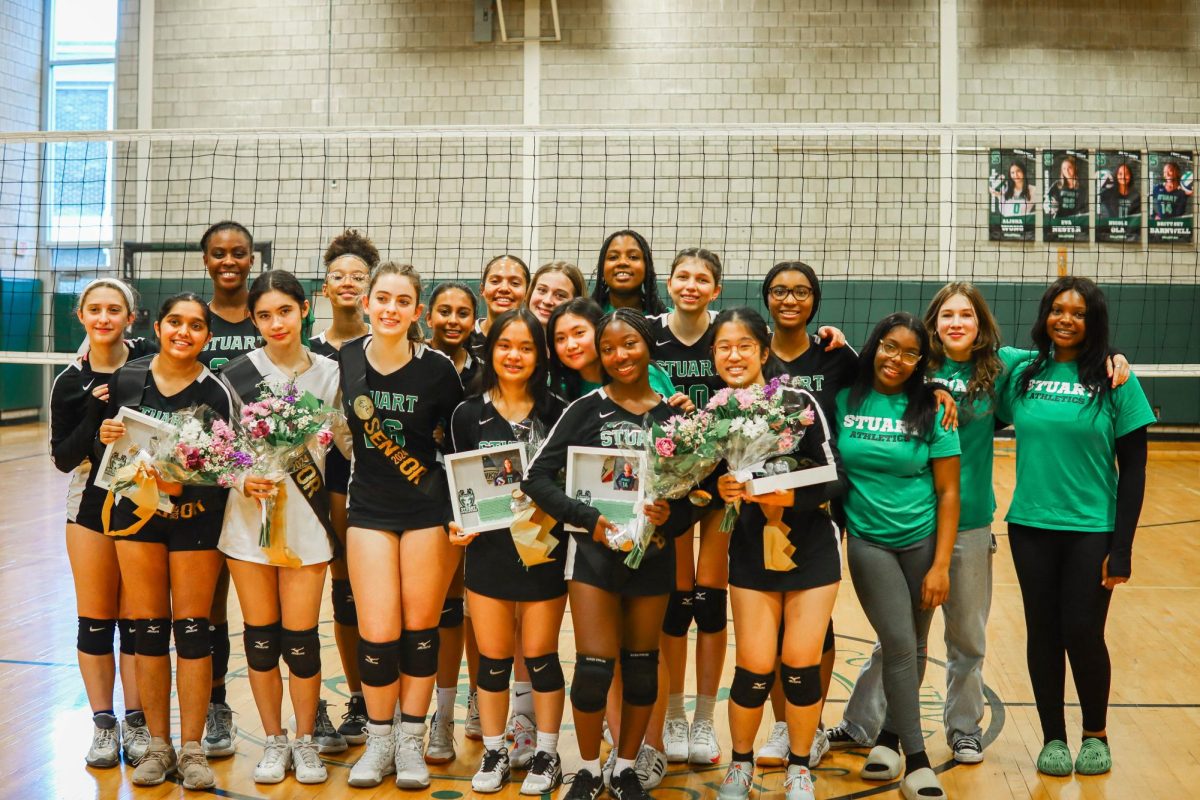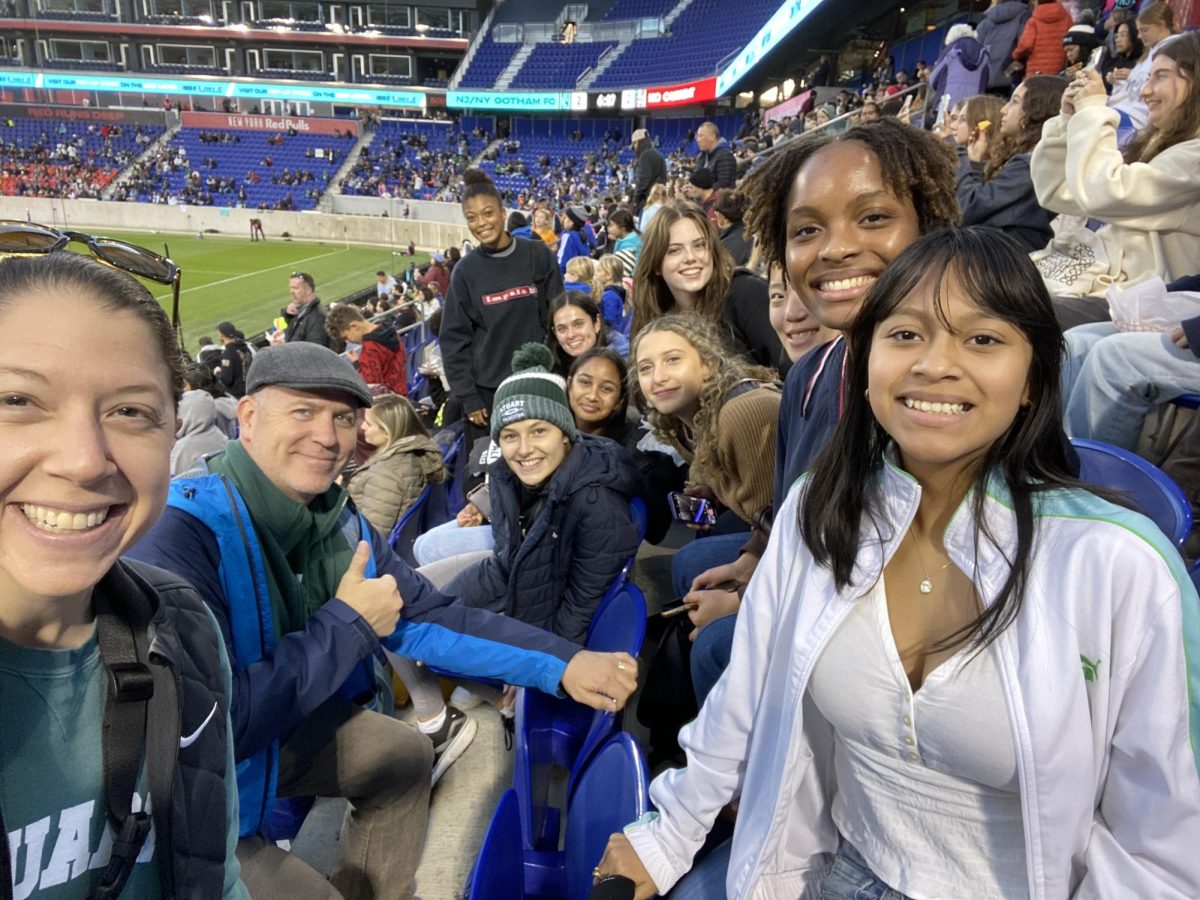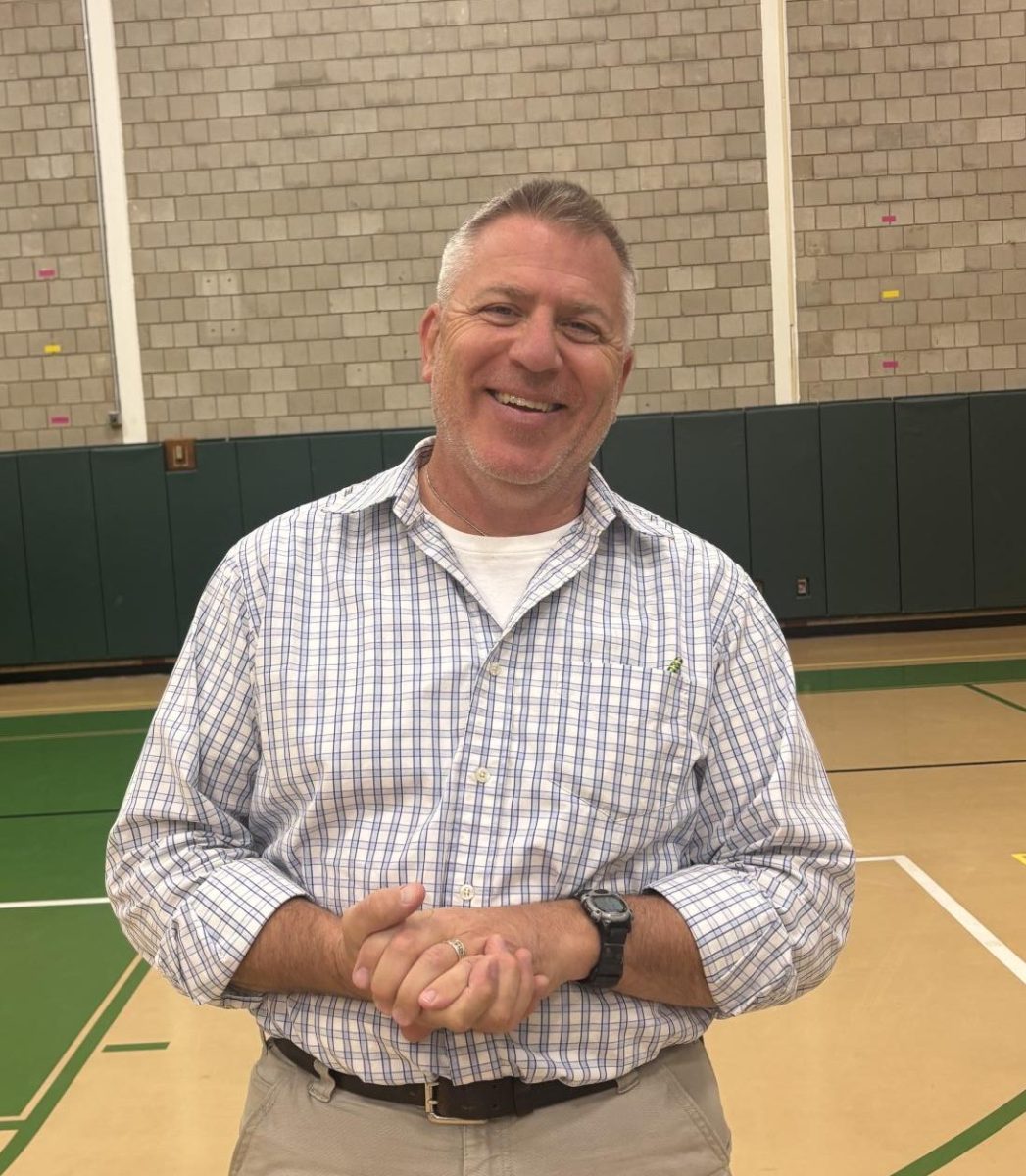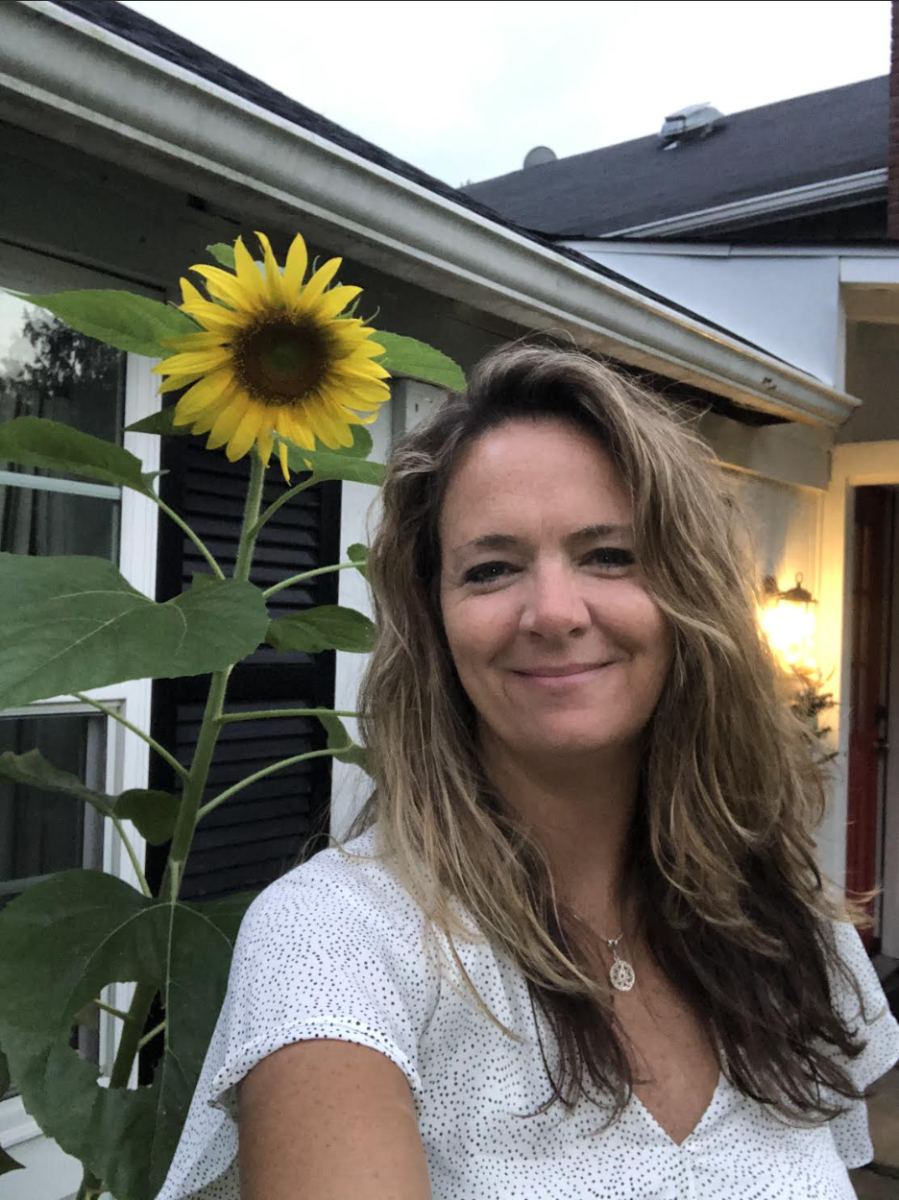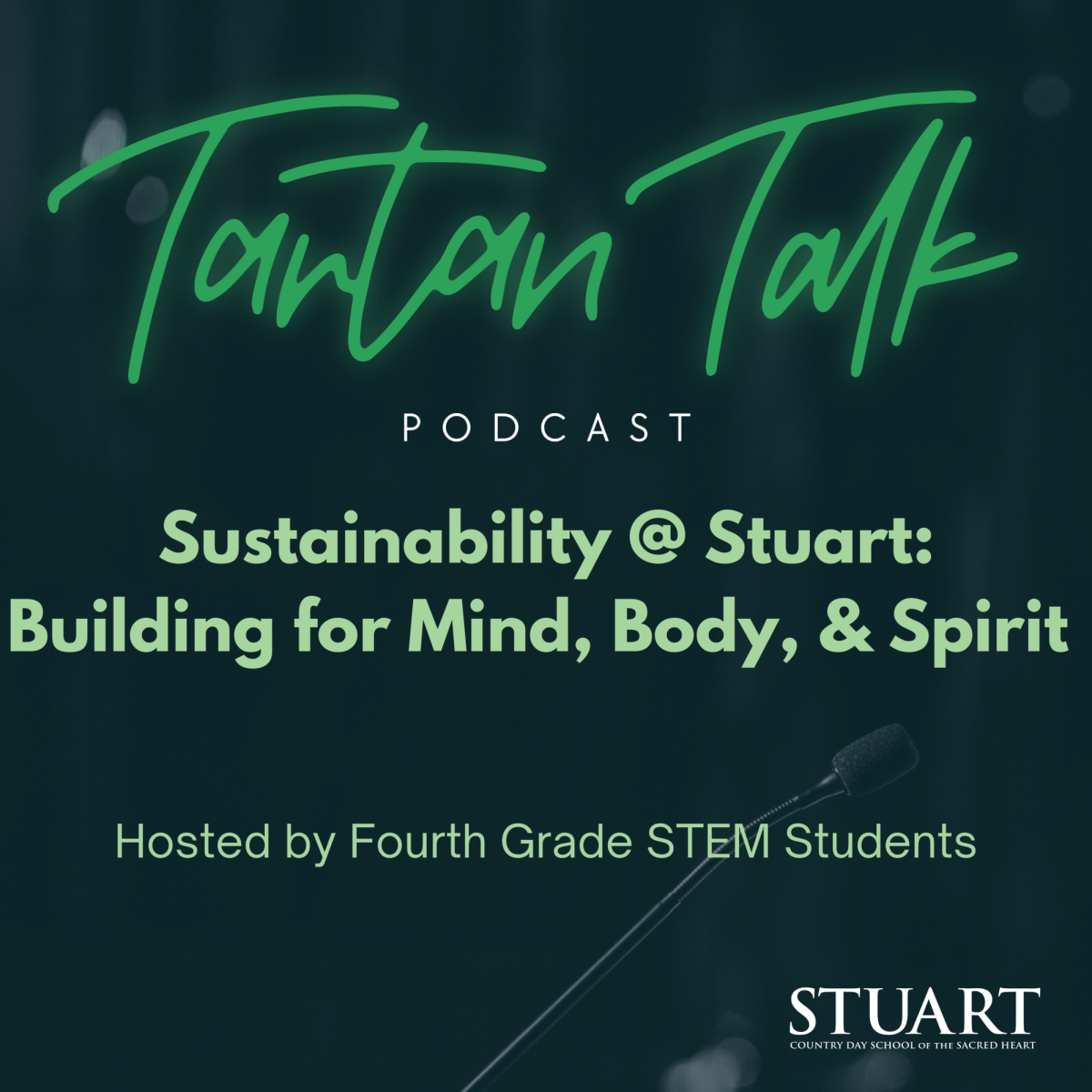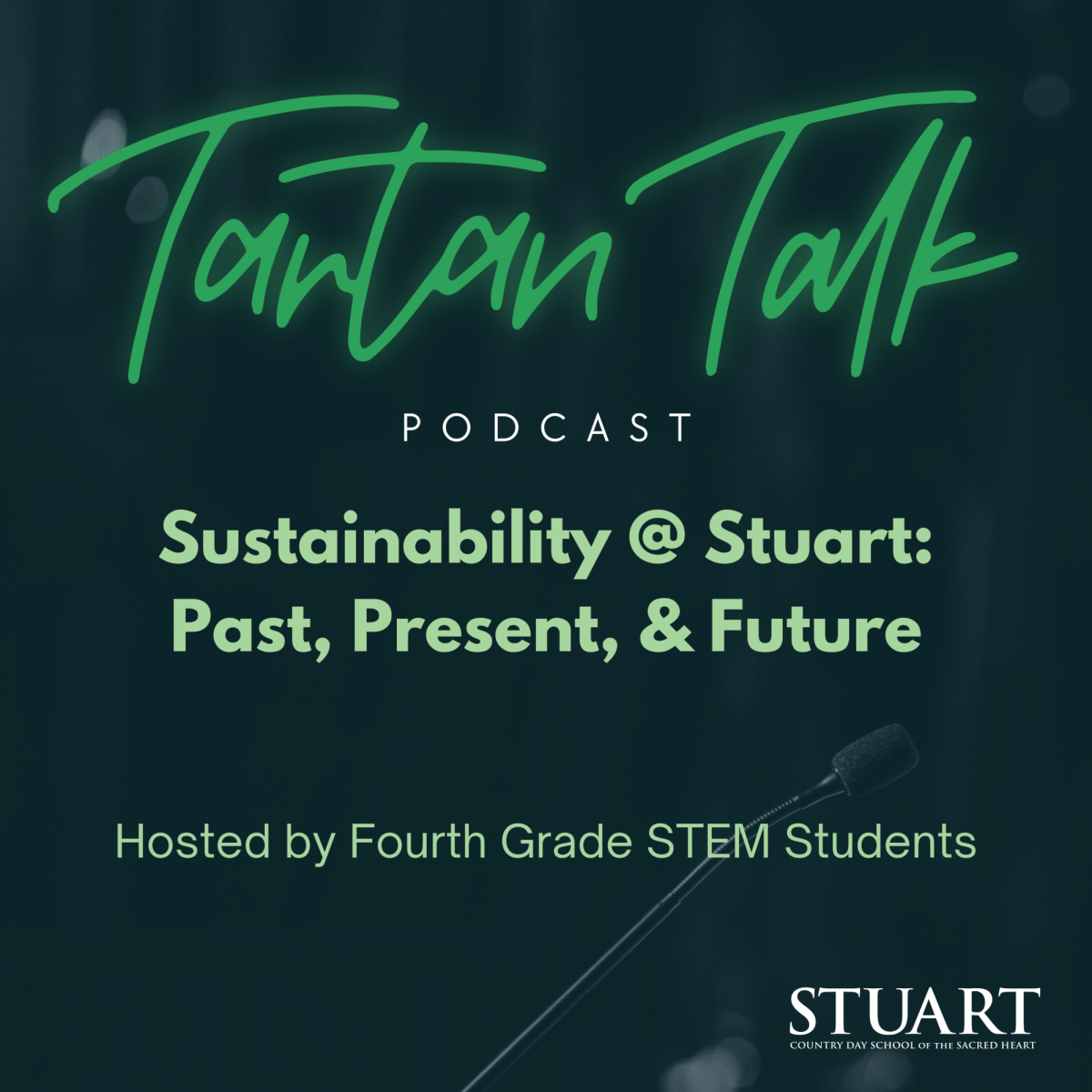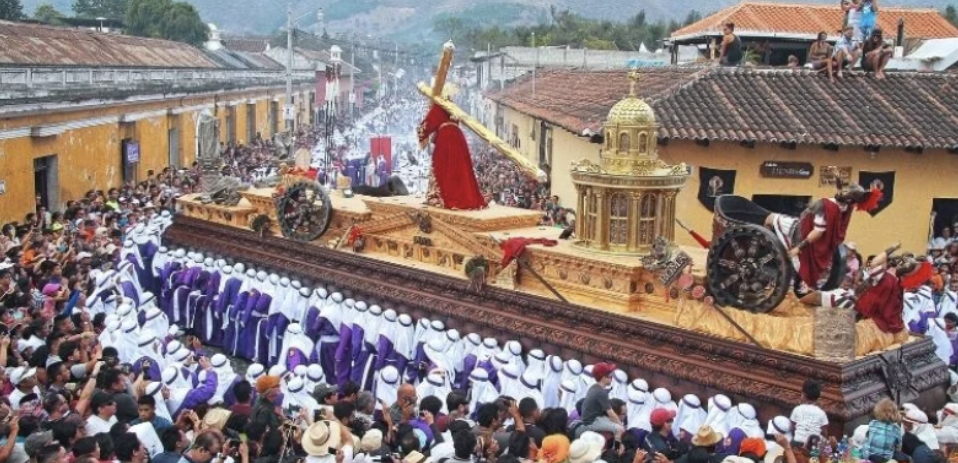Meeting Señora Monard-Weissman, one can sense the weight of her affability and the pride she takes in her heritage. Being born and raised in Ecuador, Señora’s decision to pursue higher education was shaped by her upbringing and values. As Señora grew older, she came to understand the significance that our morals in our culture have been a guiding path, the more she progressed.
Growing up as a young girl in Ecuador, her family and her academics have been a driving force in her life. Señora remembers her time with her family, claiming, “It was a special time when we gathered as a family and talked about our daily experiences, our challenges, our accomplishments.” She said, “I can still hear my dad saying, ‘Estudia mucho y da lo mejor de ti’, (study hard and give your best). For the rest of her life, she would recall these words, and they became her biggest motivation going forward. At the age of 12, Señora expressed her interest in learning English to her parents, and this small interest led her to the desire to go to the United States later on. Traditionally, its not common for young girls to leave home as a daughter was expected to stay with her parents until she was married. It was even more uncommon for a young girl to study aborad but she calims that ” those expectations pushed me to find a way.” In college she found scholarhsips that allowed her to come to the US and live with an Ameircan family for a semester, and describes her experince as “transformative” and touches on the fact that she “learned to be independent and got a real taste of Ameircan culture.” She was sure that she would come back the United States one day. Transitioning to a new living space is never easy as she says, “Anyone who has moved to a different country knows that it’s hard,” and “Even thought I was excited, I was also nervous about the unknown… but my determination kept me going.” She found support through her parents and their encoruagment and values remained to be a guiding path for her as she made sure to “make good choices and use her freedom wisely.” She touched on her parents “insitlling the importance of eductaion and a passion for learning,” as, “They always had high expectations, supporting me and tecahing me to give my best in everything I purseud.”
Before arriving to Stuart, Señora worked as a tescher in Ecuador, giving Spanish lessons to American students, and says that “Instructing young people in my native langauge and culture gave me a profound sense of pride.” Its becomes aparent that Señoras driving force when it came to educating cenetered areound her willinginess to embrace diverity within the Latino community. Señora claims, “While we may share a common language, our individual tradtions and cultures are distinct. It is crucial that we recognize and respect these differnces, rather than generalizing everyone with a single label.” At Stuart, Señora’s role “provides an exciting opportunity to not only share my native language and culture, but also to mentor and educate young women who are posied to make a significant impact on the world.” She claims that “being apart of an organziation that so deeply values diverity and fosters a safe, nonjudgmental space, allowing students, faculty, and staff to be fully authetic, making the experince meaningful.”
When asked what representation means to her, Señora answers “Latinas are significantly underrepresented in every field, and it is crucial for young people to have positive role models…Our society needs to see Latinas as professionals and leaders in every field. I want to send our community the message that sí podemos! (yes, we can!). Her message to young Latina students is one of resilience, as she says “Keep trying hard and follow your dreams….Withoout doubt, there will be challanages on your path, but with determination and hard work, you can overcome them. Be resillient, believe in yourself, and never forget your roots; embrace them with pride, for they are the foundation that shapes your identity.” Througut her path from Ecuador to Stuart, Señora Monard-Weissman continues to serve as an example of perseverance, pride and passion. Her story shows that staying true to your culture while chasing your goals can inspire others to believe that with effort and path, sí podemos!

